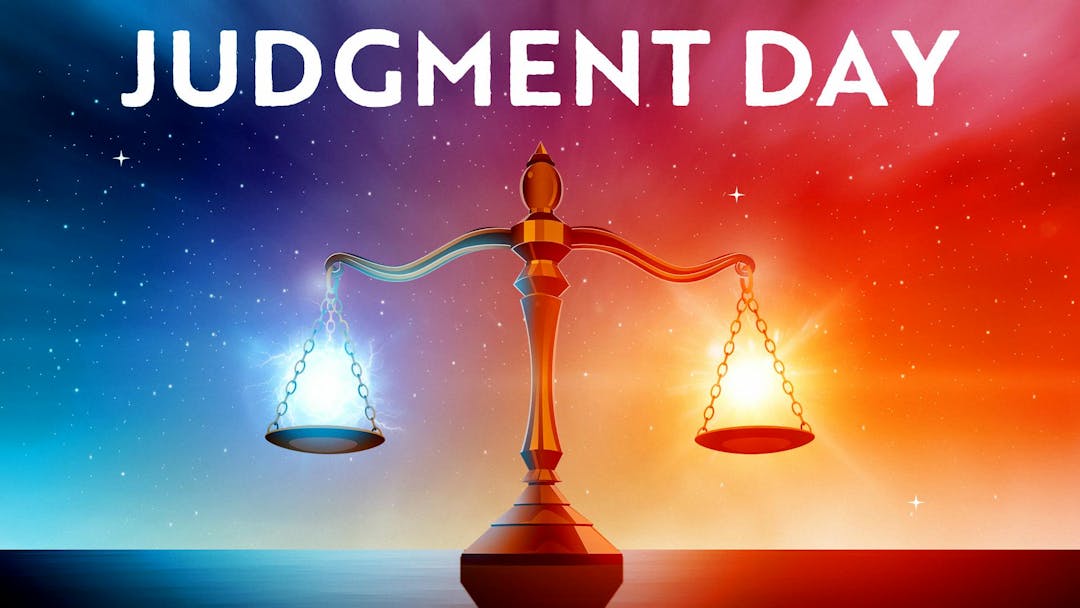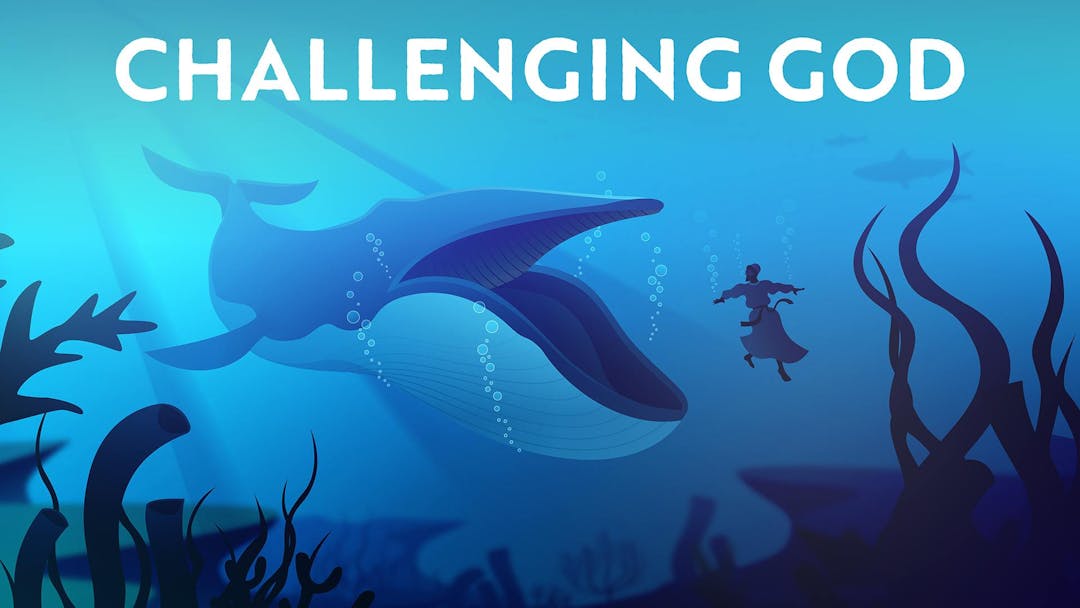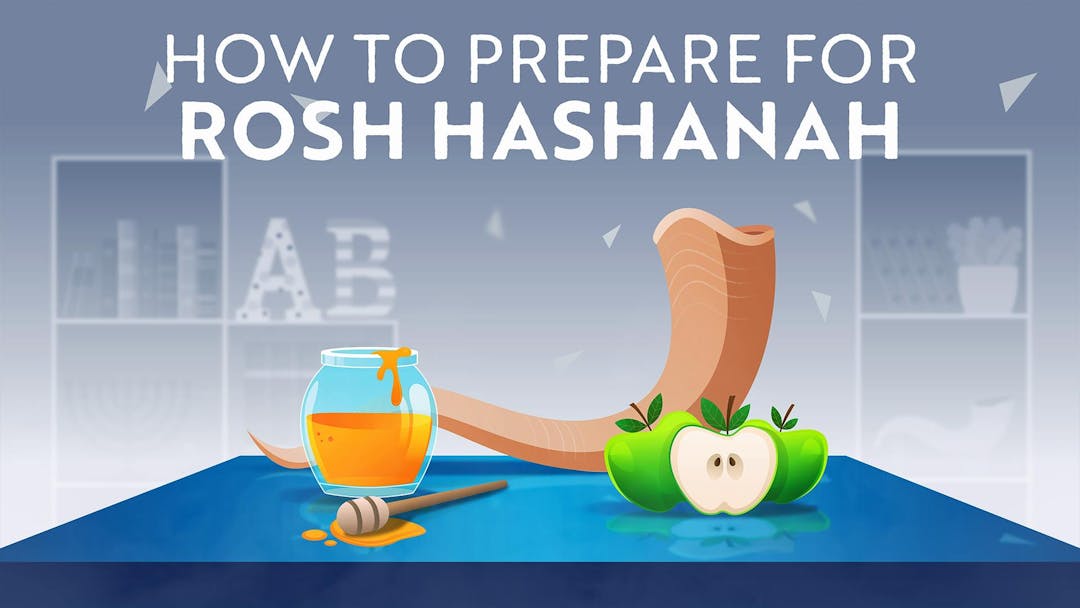Start your free trial today to unlock the full library and enjoy unlimited and uninterrupted access.
Get StartedWhen It’s Hard to Pray (Part 1 of 4)
Struggling to Connect to God on the Days of Awe
How can I attain closeness with a God who is so beyond my comprehension? Why would the Creator of the Universe care about my prayers? Is God even listening? Especially on Rosh Hashanah and Yom Kippur, we deal with this seeming contradiction: is God our King, or our parent?
One barrier we face in approaching prayer is the feeling that God is so holy that there are no grounds for connection between us. How could limited, flawed human beings possibly reach the infinite Creator through our prayers? The question becomes even more poignant when our prayers are dealing with our very human, messy life circumstances. How can we relate these experiences to God?
The Biblical model for answering these questions is Hannah, mother of the prophet Samuel. Not only does God answer Hannah’s prayer for a son, but the Talmud looks to her as the paradigm for prayer.
Rabbi Fohrman suggests that we may find guidance from Hannah’s Prayer. This video course, created for the High Holidays, takes a deep dive into Hannah’s prayer in the book of Samuel and explores the concepts of holiness, closeness with God, and the real possibility of prayer.
You’ll soon discover that God’s loftiness is just the thing that makes a relationship with Him all the more attainable, and you’ll never doubt the power of prayer again. Take a look.
Discover other great videos for the High Holidays at Aleph Beta, including ‘How To Do Teshuva”, “What Is The Meaning and Purpose of Yom Kippur”. and “Finding Forgiveness In God's Attributes”.
Want to watch the full video for free?
Enter your email and we’ll send you a link to watch the full series free.
What is Aleph Beta?
Aleph Beta is a unique kind of Torah library. Led by our founder, Rabbi David Fohrman, we are dedicated to high-level, textual Torah learning for adults that is intellectually and spiritually sophisticated, that enlivens your Jewish practice and helps you forge a deeper connection to God. Whether you’ve been learning in yeshiva for years or you’re just beginning your Torah journey, you’re sure to find something meaningful and surprising waiting for you here.
Browse our library of over 1,000 beautifully produced animated videos, podcasts, deep dive courses, and printable guides. Topics include the weekly parsha, Jewish holidays & fast days, laws & mitzvot, prayers, relationships, big philosophical ideas and more. Have something to say at the Shabbos table that will amaze your family and guests and bring deep meaning into their lives.











